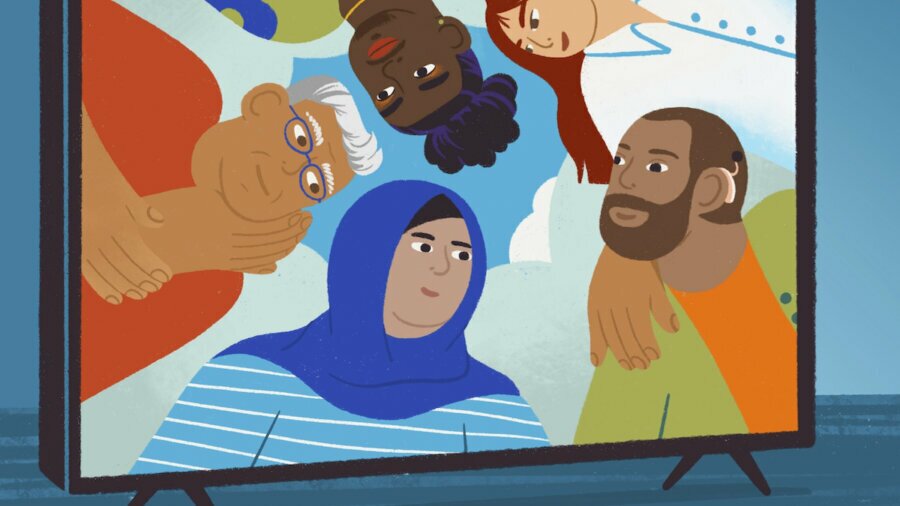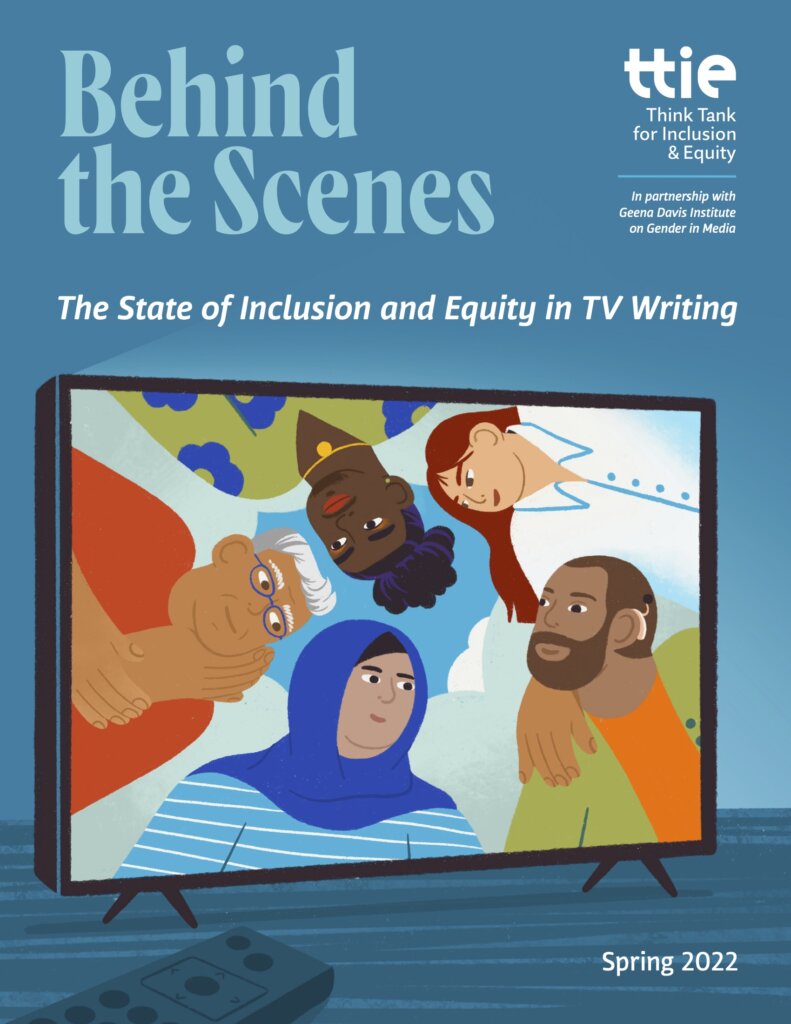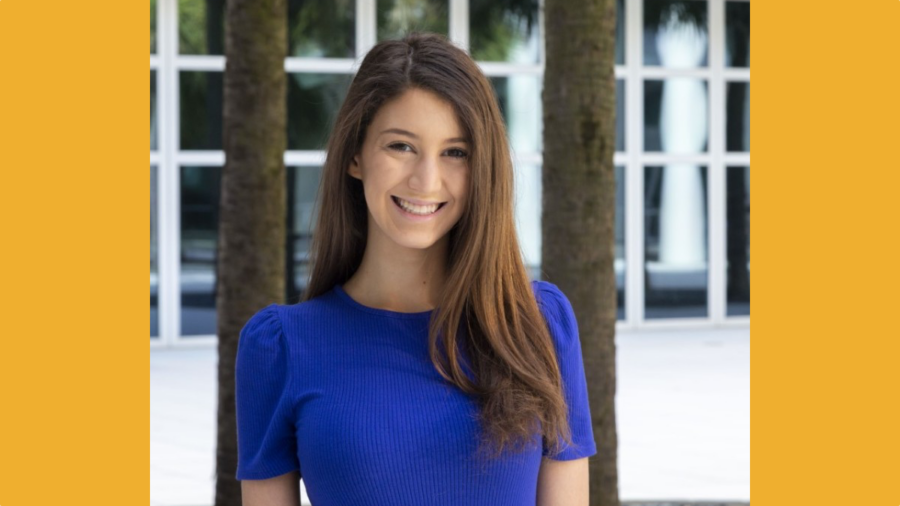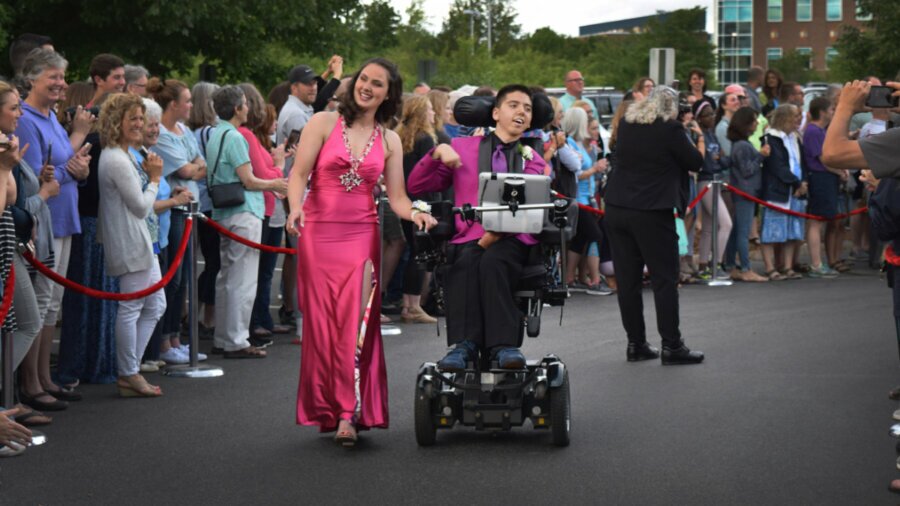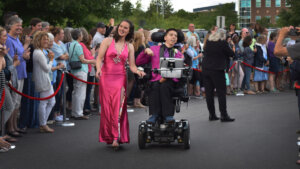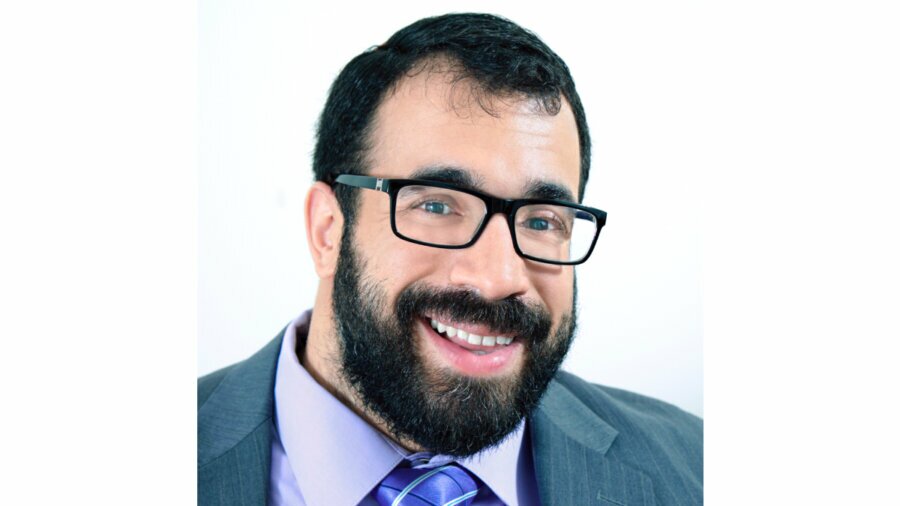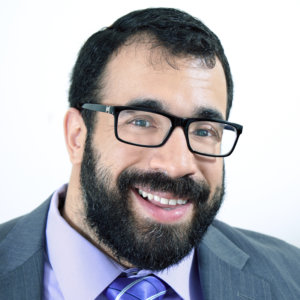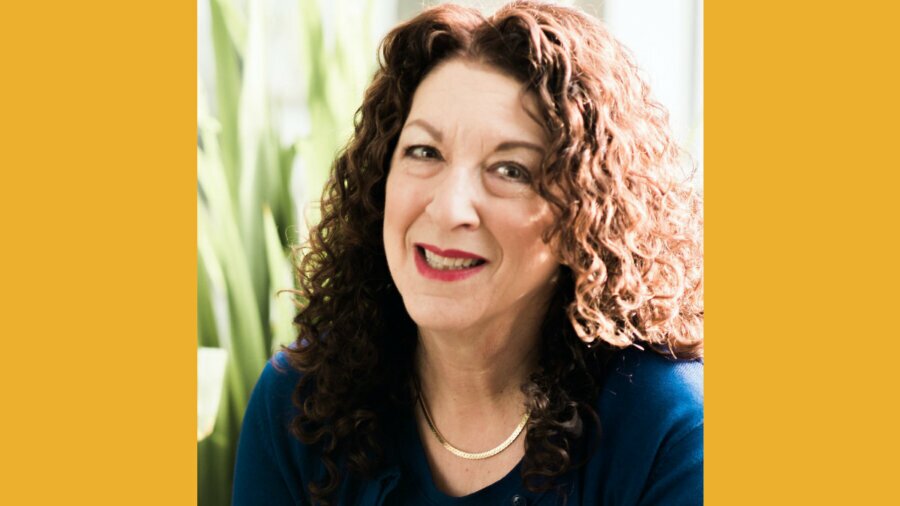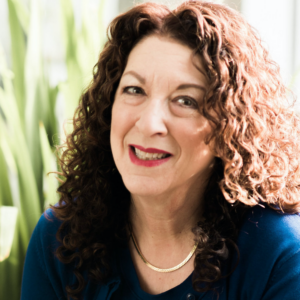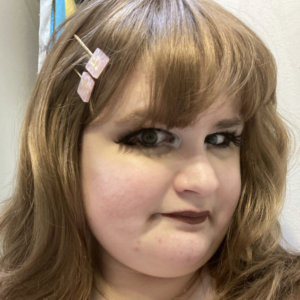
Leah Ilana Craig
I’m told there’s a power to “healing out loud,” speaking to one’s experience of working through, or living with a mental health condition, physical disability, chronic illness, etc. As I tell the story of my recovery from anorexia or living life with my chronic illnesses, I’ve seen this power myself in myriad ways. Still, when I was diagnosed with dissociative identity disorder (DID) in February 2021, I wondered if there was a limit in the power of healing out loud.
DID used to be known as multiple personality disorder. It is one of the diagnoses in the DSM that remains highly stigmatized. Often the subject of sensationalized media portrayals and wild misinformation, my own DID went unrecognized for years, hidden under layers of shame and fear and confusion. Being open about anxiety or even an eating disorder was one thing. Trying to find the courage to speak about my darkest secret out loud, that I shared a body with multiple alters formed out of great trauma, was entirely another. Would my loved ones accept not just me, Leah Ilana, but the other members of my system I was getting to know in therapy? [continue reading…]


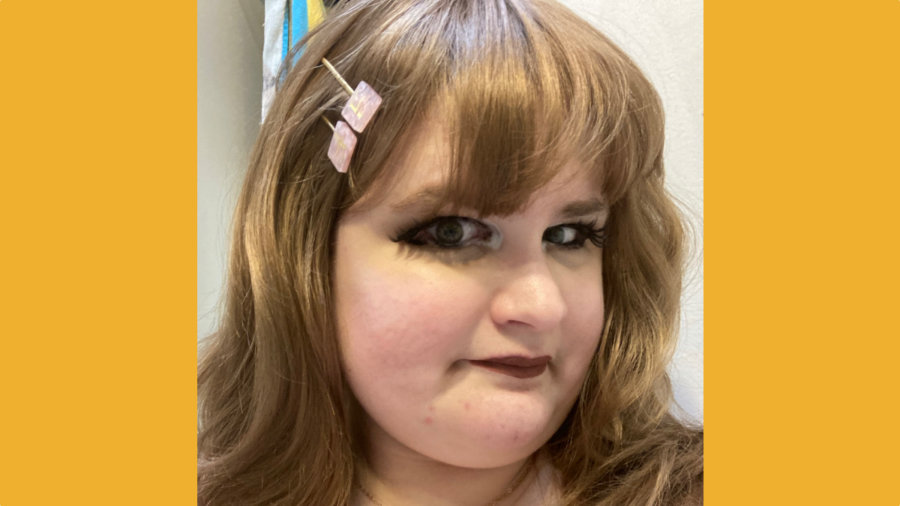
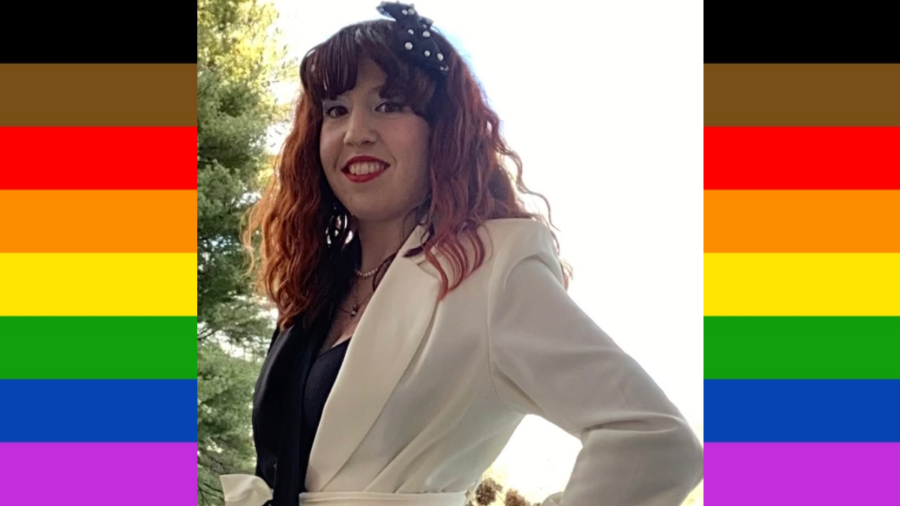
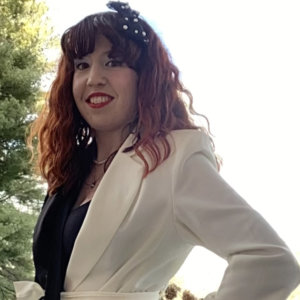
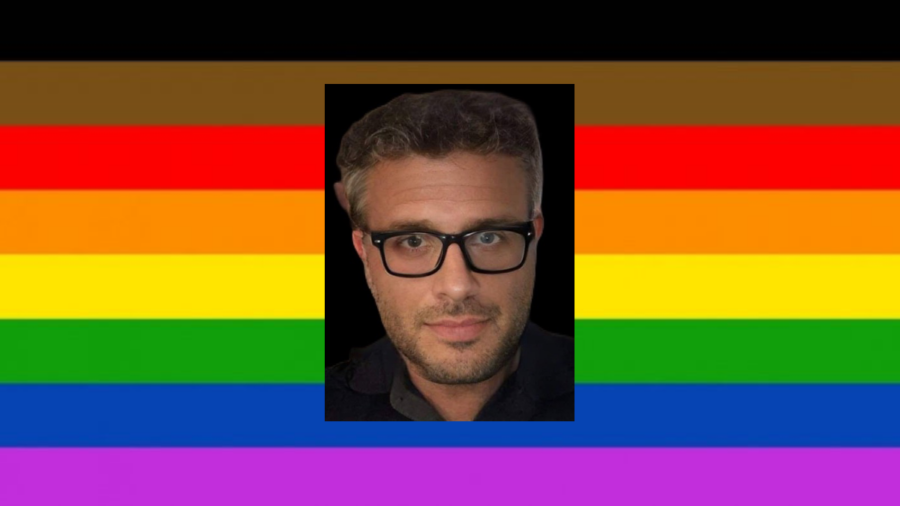
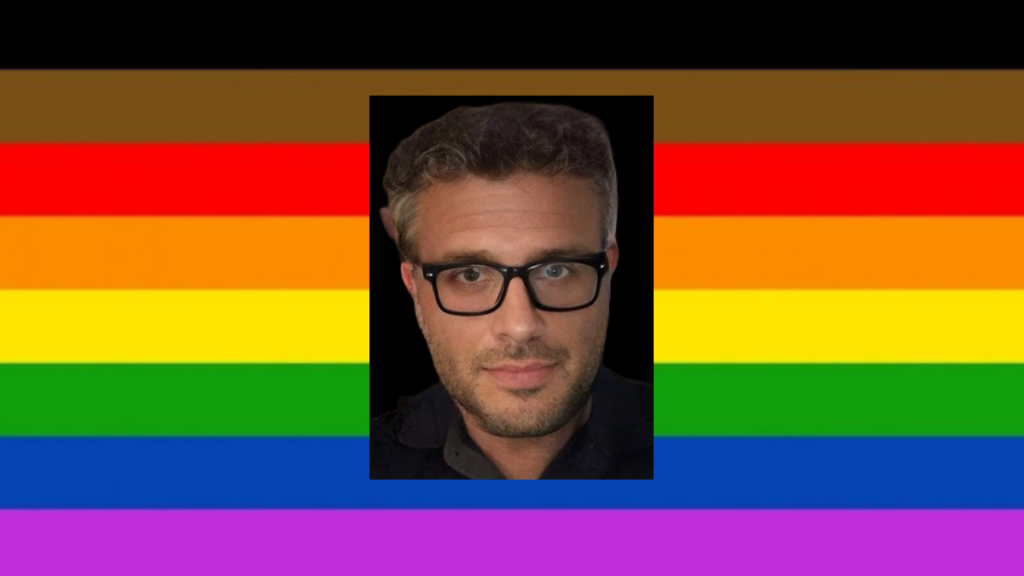 When I was in high school, I didn’t know anything about pride. All I knew were the names the bullies gave me. They kicked me, shoved me, because I wasn’t a “real man.”
When I was in high school, I didn’t know anything about pride. All I knew were the names the bullies gave me. They kicked me, shoved me, because I wasn’t a “real man.”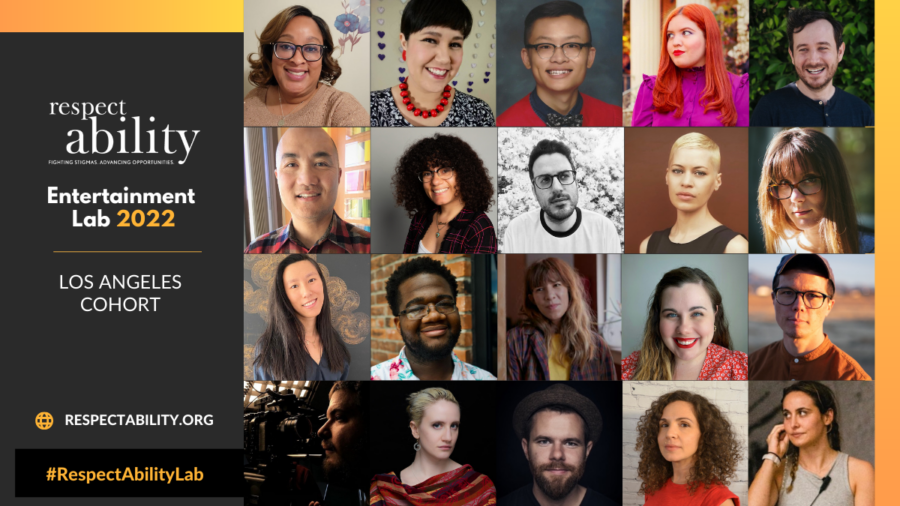
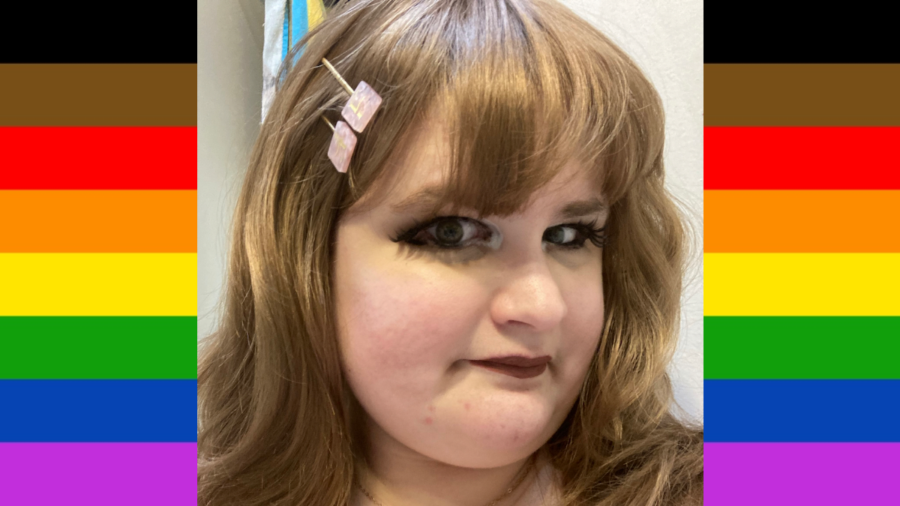
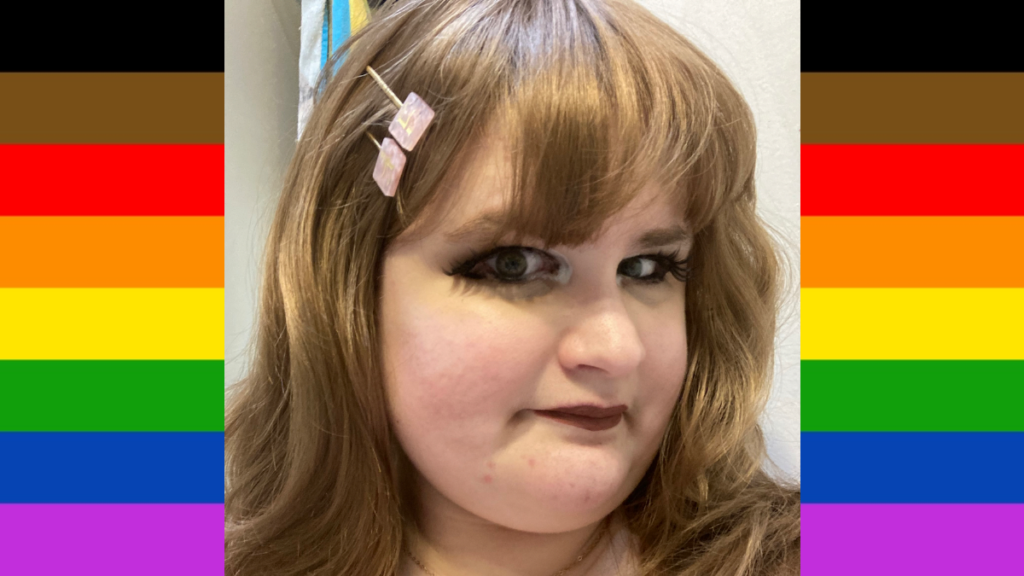 A few days before Pride Month begins this year, the third time without my step-dad, I find myself reaching for the bag of his old shirts without thinking twice, slipping one over my head and inhaling the remnants of his scent, of that pine-scented deodorant he always wore, letting the faded cotton wrap me up like one of his bear hugs.
A few days before Pride Month begins this year, the third time without my step-dad, I find myself reaching for the bag of his old shirts without thinking twice, slipping one over my head and inhaling the remnants of his scent, of that pine-scented deodorant he always wore, letting the faded cotton wrap me up like one of his bear hugs.